Pampered In Prison: What Life Was Like Behind Bars For Bill Cosby Before His Controversial Release
The world was shocked on Wednesday, June 30, when Bill Cosby became a free man after Pennsylvania's highest court overturned the TV icon's sexual assault conviction.
His release from prison came after the court said that they found an agreement with a previous prosecutor that prevented him from being charged in the case.
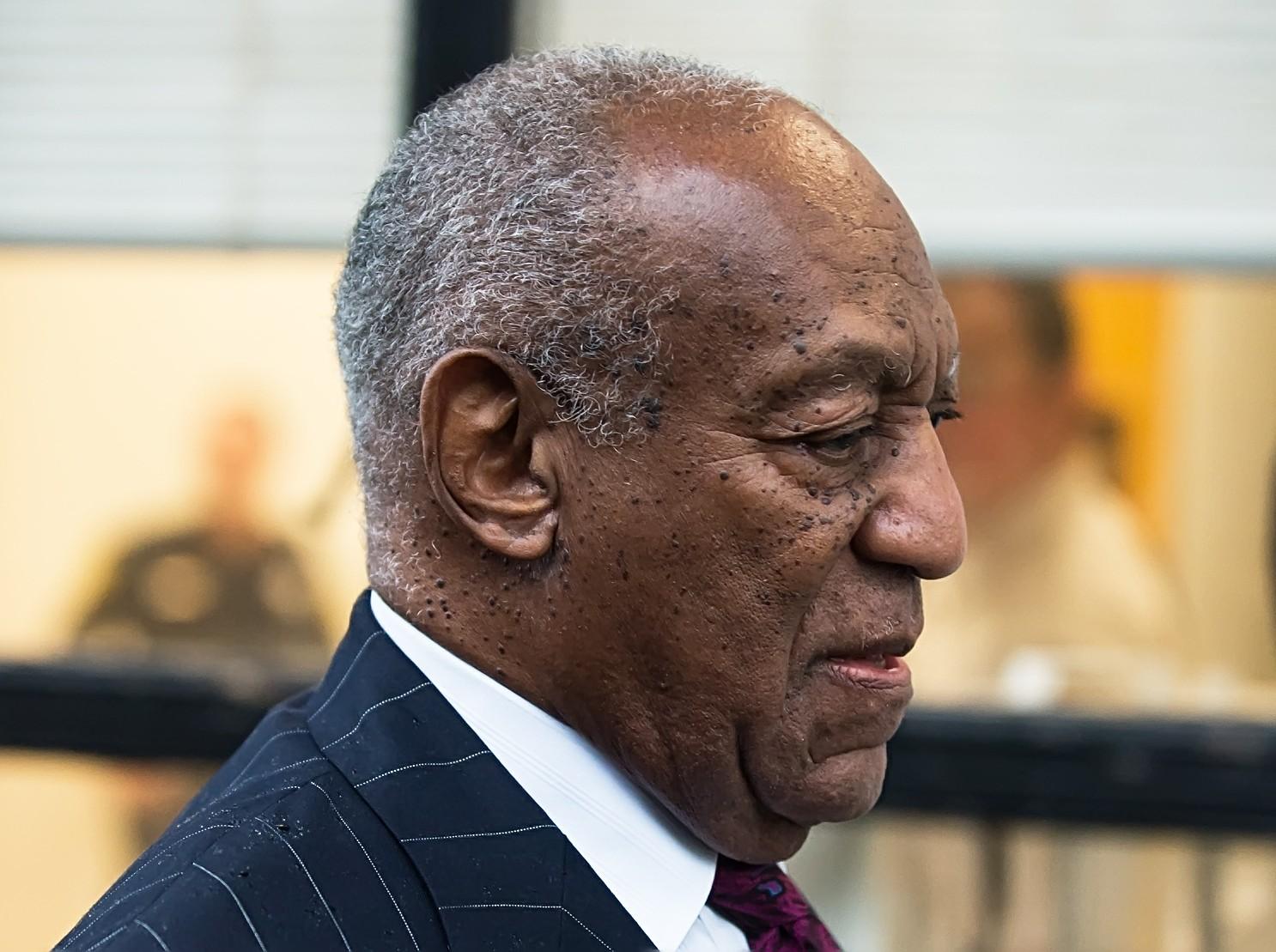
The 83-year-old was found guilty of three counts of aggravated indecent assault and convicted of drugging and molesting Temple University employee Andrea Constand at his suburban estate in 2004. He was sentenced to three to ten years in prison in September 2018.
Following his sentencing, Cosby was held for a brief period in the Montgomery County Correctional Facility then moved to a state prison, State Correctional Institution – Phoenix in Skippack Township, Penn.. The $400 million lockup facility, which opened just two months before the entertainer's arrival, holds 3,830 inmates.
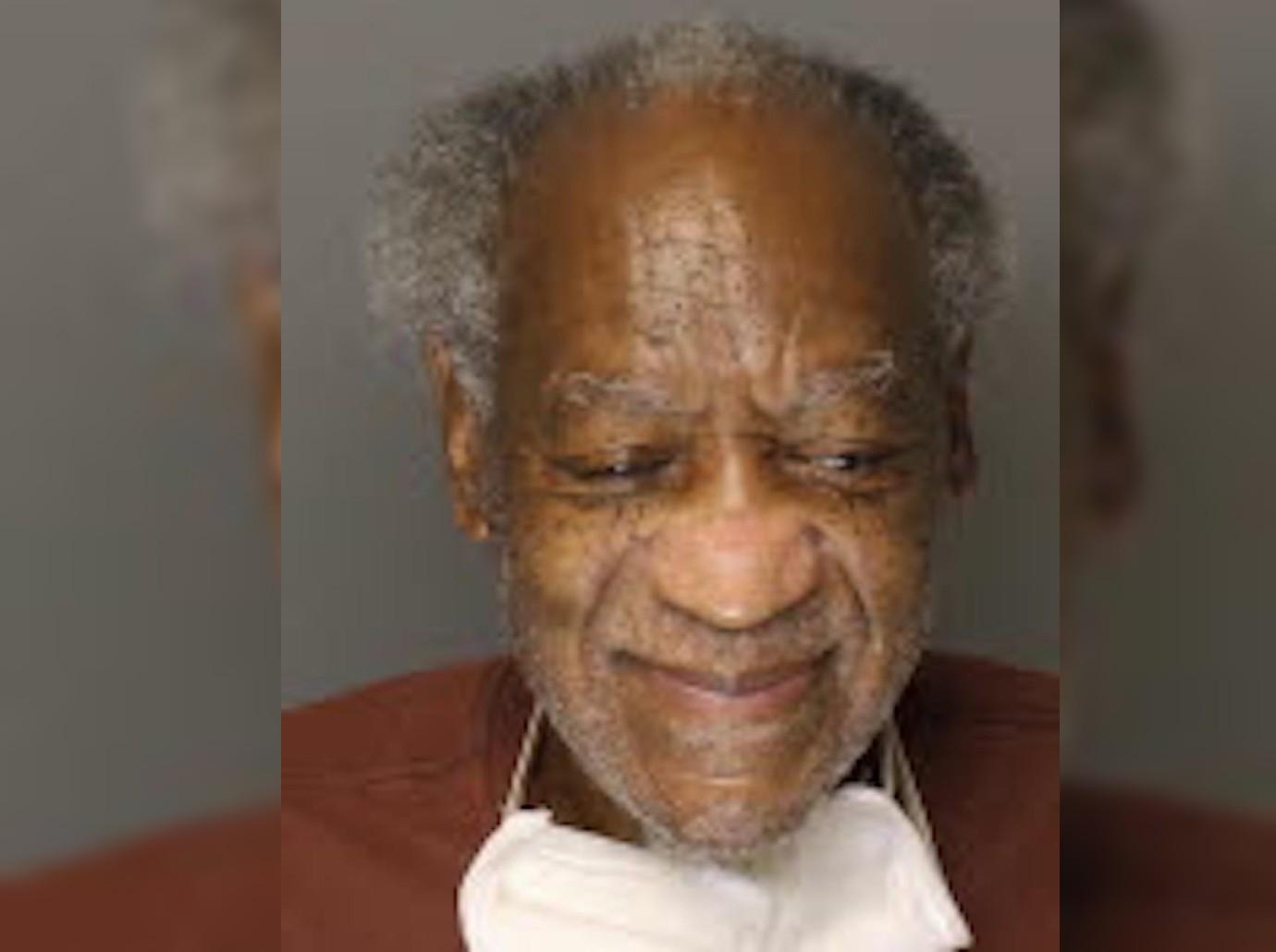
The Cosby Show star, who is legally blind, was originally confined to a single cell, which he famously referred to as his "penthouse." As Inmate NN7687, his 13ft x 7ft grey concrete cell included a stainless steel toilet bolted to the floor and a mattress that was only three inches thick.
On Jan. 28, 2019, Cosby was moved from administrative segregation into the general population.
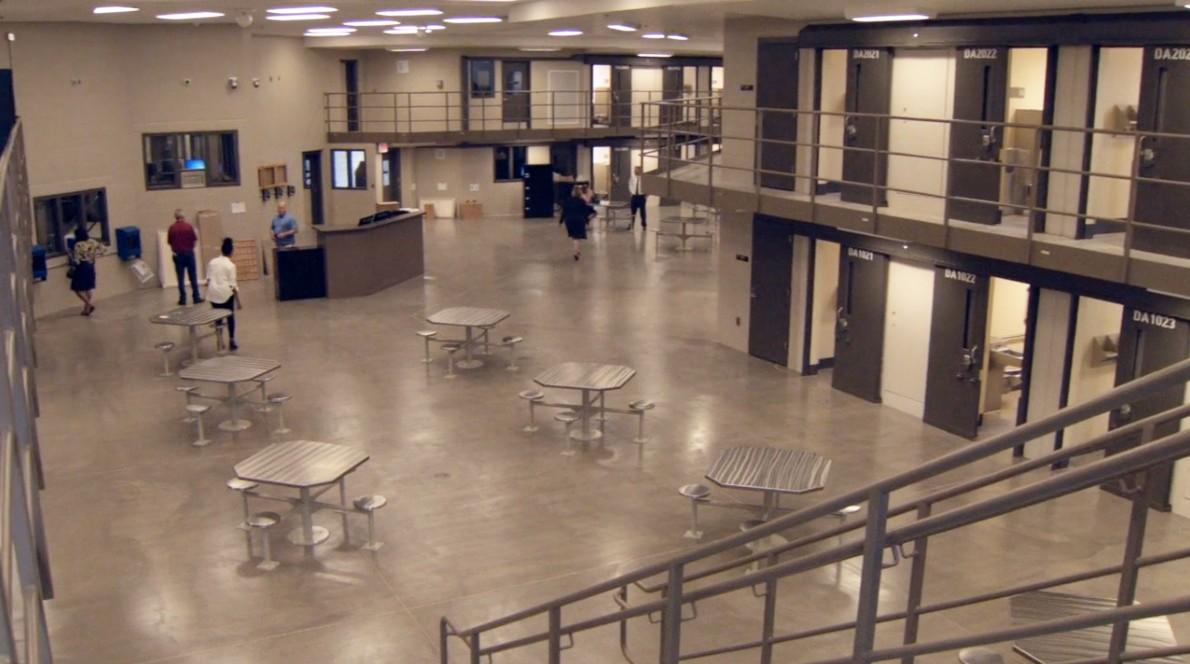
Despite a stark contrast to his former Hollywood lifestyle, the Emmy winner was reportedly treated like a VIP and enjoyed privileges that most inmates could only dream of. "You wouldn't believe the luxuries afforded to him," former fellow inmate Phil Di Pietro said back in May 2019. "He has more privacy and help than if he was back living at his estate."
The disgraced comedian refused to eat typical prison food and instead enjoyed the best fare offered by the prison commissary, including turkey, bacon, tuna steak, sausage and six varieties of cheese, claimed Di Pietro.
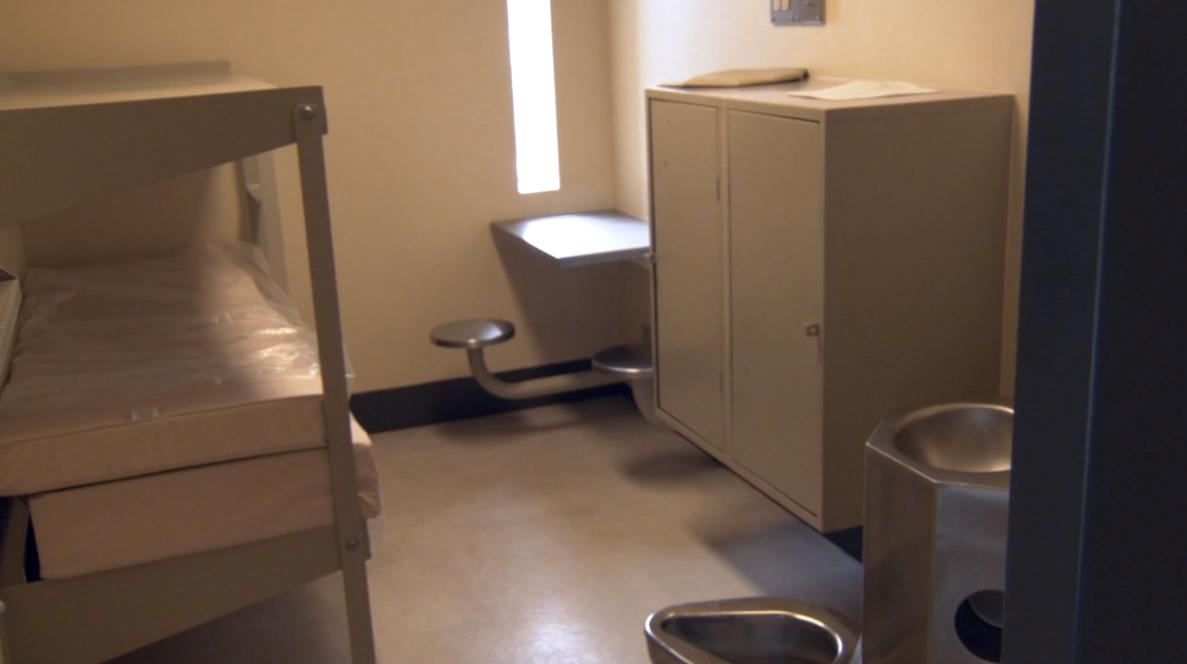
Want OK! each day? Sign up here!
Due to his blindness, Cosby declined to work a prison job, where he could have earned 40 cents an hour doing laundry or making license plates. Instead, he used his millions to fund a bottomless commissary account, buying friends treats and giving out honey-glazed buns, brownies and doughnuts.
"Being in the same unit, we had the privilege of ordering twice as much commissary per week because Cosby doesn't eat most of the prison food — and he buys everyone on the block something on each order," Di Pietro told The National Enquirer.
While other prisoners trade cigarettes as black market currency, Cosby reportedly smoked Punch Double Corona cigars. The actor also enjoyed other special privileges, including watching TV in his cell and accessing private emails with a personal tablet.
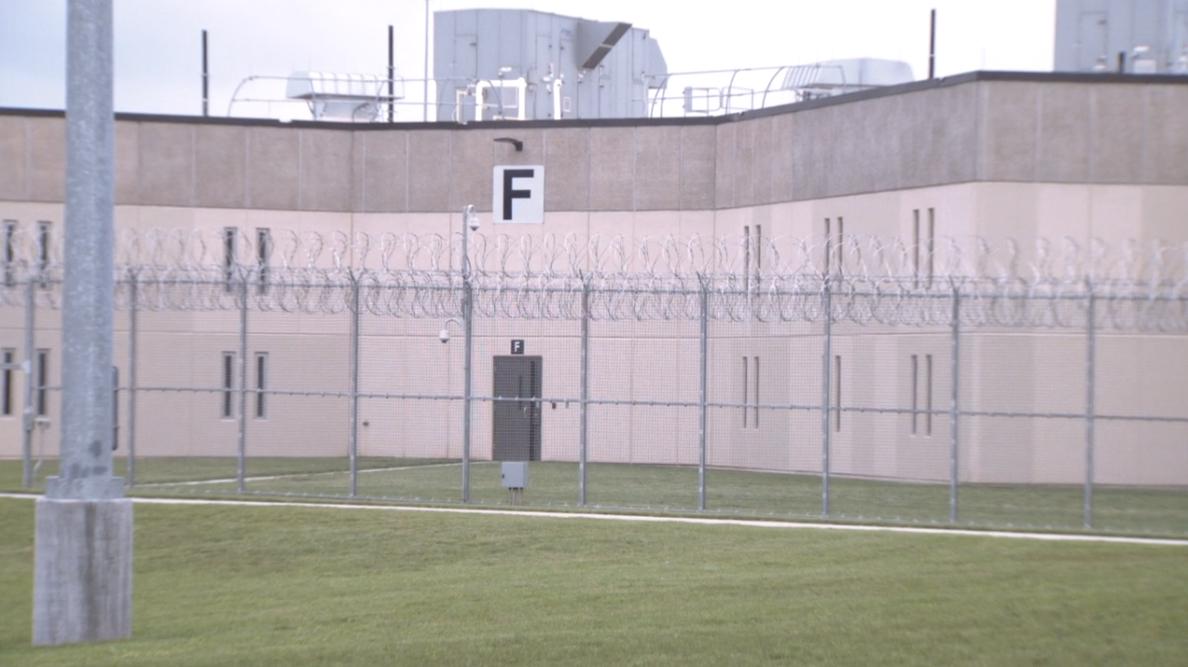
Cosby's cell block also got extra exercise time in the yard and got to go into the dining room first, allowing them to have their pick of the food offered. It made the Fat Albert creator the "King of the Cons" among his fellow jailbirds, who showered him with cheers whenever he entered the visiting area, according to Cosby spokesman Andrew Wyatt.
"Despite the circumstances, this is an amazing experience," Cosby said while incarcerated, adding that the prison was filled with fans willing to forgive his court designation as a "sexually violent predator."
"For the first time ever in my life, I was sitting and I was relaxed," the famous prisoner has confessed.

Just two months ago, Cosby's parole petition was rejected by the Pennsylvania Parole Board, according to a letter from the board. A number of reasons were given for the refusal, according to CNN, including Cosby reportedly refusing to participate in a therapy program for sexually violent predators.
Another reason was reportedly the stars' "failure to develop a parole release plan" and a "negative recommendation by the Department of Corrections."
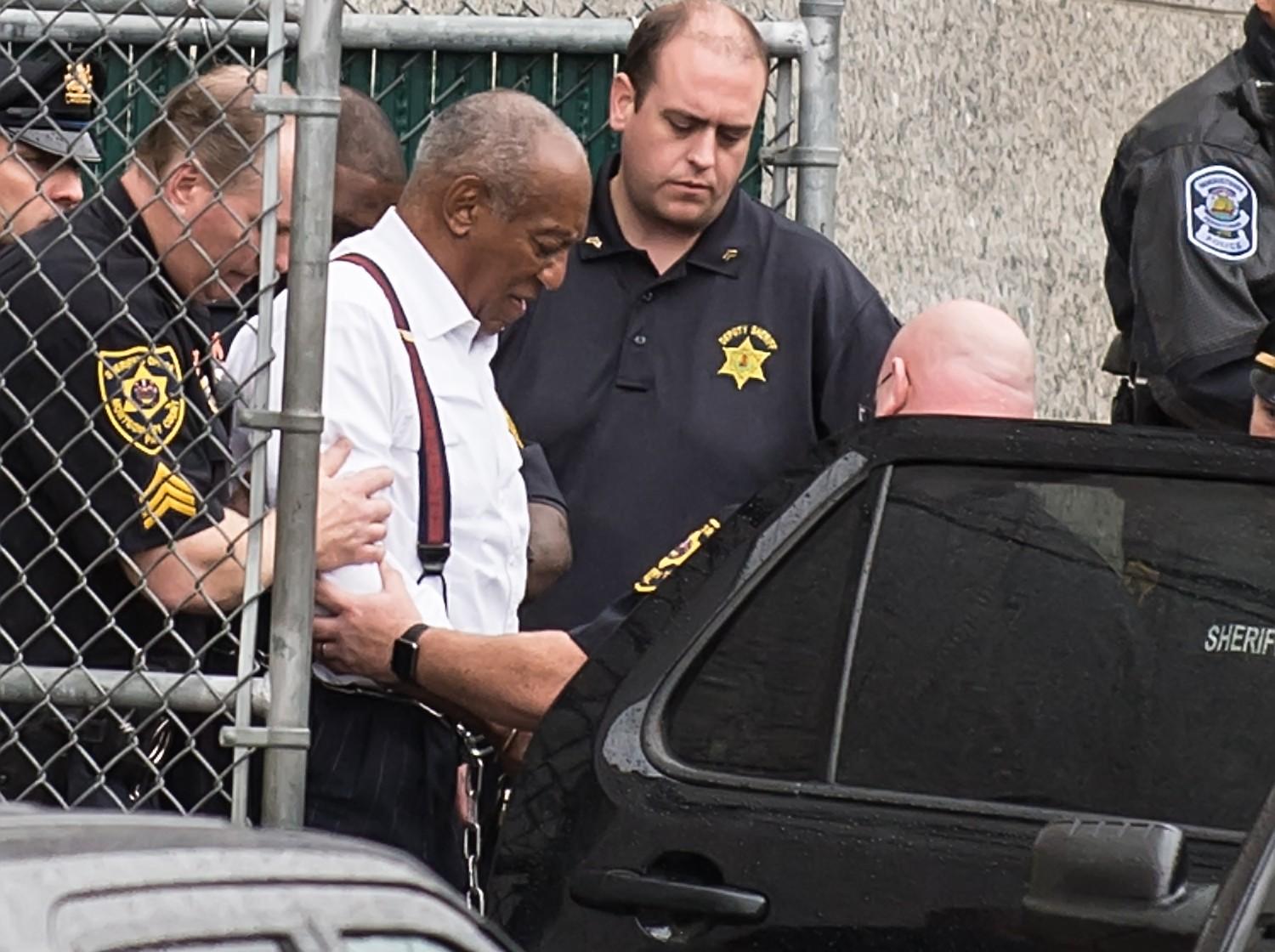
So is it possible that Cosby, who served just under three years of his 10 year sentence, will ever return to prison? Wednesday's ruling made it clear it bars any retrial in the case, court documents say.
Although he was only charged and convicted for his crimes against Constand, more than 60 women have accused him of either sexual assault, rape, drug-facilitated sexual assault, sexual battery, child sexual abuse, or sexual misconduct — the earliest dating back to 1965 — all of which he has denied. However, the statute of limitations have expired in nearly all the other cases.

